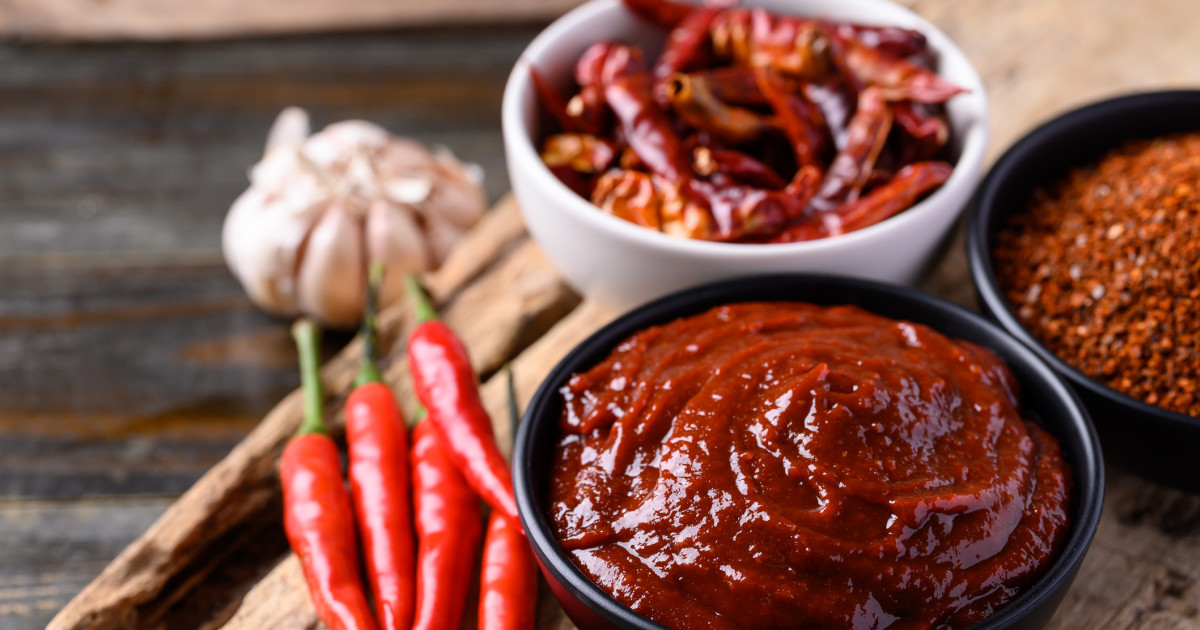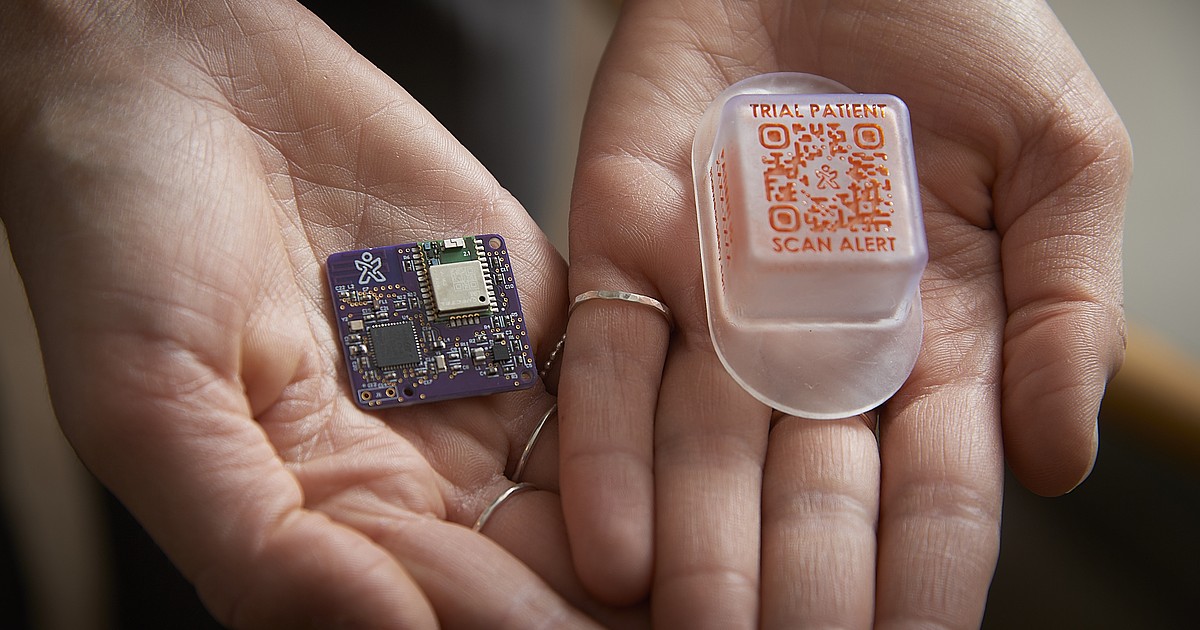Copyright Parade

Key Points Capsaicin in spicy foods supports heart health and lowers inflammation. Regular spicy food consumption may boost metabolism and aid weight loss. Spicy foods can improve gut health but may worsen heartburn for some people. Some people seriously love spicy food. Whenever they eat somewhere that gives them the option of a spice level, they choose the highest. At home, they put hot sauce on pretty much everything, even before tasting it. And they wouldn’t think of eating a piece of pizza without covering it with red pepper flakes. Maybe you even consider meals boring and flavorless if they aren’t spicy. Can you relate? If so, you might be wondering about all that heat impacts the body. Is it even healthy? To answer this question, it’s important to pinpoint what, exactly, is making your food taste spicy. Often, food tastes spicy due to the presence of capsaicin. “Capsaicin is the active component in chili peppers that is also responsible for how spicy they are. Capsaicin is found in spicy peppers, like serrano and jalapeño, but also in green and red bell peppers,” says Alex Caspero, RD, a registered dietitian and the founder of Delish Knowledge. Another compound that can make food spicy is allyl isothiocyanate, which is commonly found in mustard-based spicy foods. More into Indian cuisine? In addition to capsaicin, Indian dishes are often made with black pepper, garlic, ginger and turmeric. Here, registered dietitians share four ways that eating spicy foods with ingredients like all of the ones mentioned above can impact the body. 🩺SIGN UP for tips to stay healthy & fit with the top moves, clean eats, health trends & more delivered right to your inbox twice a week💊 4 Ways Eating Spicy Food Every Day Impacts Health 1. Spicy food is good for your heart Amanda Baker Lemein, RD, LDN, a registered dietitian and integrated communications consultant, says that one benefit of spicy food (specifically the capsaicin) is that it may support heart health when eaten regularly. This, she says, is due to its anti-inflammatory properties. According to a 2017 scientific study published in the journal Nutrients, participants who took two capsaicin supplements a day experienced lower LDL cholesterol. This, in turn, decreases the risk for cardiovascular disease. Herbs and vegetables like garlic, turmeric and black pepper have all been linked to lowering the risk of cardiovascular disease too, largely due to their own respective antioxidant properties. Related: 25 Foods That Are Good For Your Heart, From Fruits and Veggies to Nuts and Seeds 2. It lowers inflammation Both dietitians say that another reason why spicy food is good for your heart is that it lowers inflammation, which has the ripple effect of reducing the risk of cardiovascular disease. But lowering chronic inflammation isn’t just good for your heart; it’s something the entire body benefits from. “A meta-analysis of over 550,000 individuals found that those who consumed chili peppers had lower all-cause mortality, along with a lower risk of cardiovascular disease. Researchers didn’t find a specific amount for benefit, but said that there was a significant benefit to those who ate chili peppers compared to those who rarely ate them or never ate them. If you like chili peppers, then I think there is enough research to show a benefit in increasing your consumption,” Caspero says. Related: This Is the Absolute Best Food for Fighting Inflammation, According to Registered Dietitians 3. It supports a healthy metabolism Eating spicy foods could help you lose weight. Caspero says that capsaicin has been scientifically shown to boost metabolism, explaining, “Capsaicin promotes activation of a receptor called TRPV1, which has a role in fat metabolism.” Scientific research backs this up, also showing that capsaicin reduces appetite and enhances fat oxidation, which is the metabolic process of breaking down fatty acids to turn into energy. Of course, what you’re eating also matters. Even though spicy food can rev up the metabolism, maintaining a calorie deficit is still important for weight loss. Related: Looking to Lose Weight? Get Started With These 40 Expert and Science-Backed Foods and Drinks 4. Spicy food impacts your digestive system—for better or for worse Everything we eat impacts our gut health, in good ways or bad. Lemein and Caspero both say that not everyone tolerates spicy food the same. “If you suffer from heartburn, then spicy foods will likely make it worse,” Caspero explains. If you are prone to heartburn, but like spicy food, she recommends eating smaller portions and avoiding eating it too close to bedtime, at least four to five hours before you go to bed. As long as you don’t experience any heartburn or gastrointestinal issues after eating spicy food, your gut will benefit. This is because the primary sources of spicy foods (like peppers) are typically vegetables, which contain both fiber and antioxidants. As both dietitians have said, spicy foods also contain antioxidants, which lower inflammation—another way it benefits your gut. In general, spicy foods benefit the body in several ways—especially when it comes to heart health. But if it doesn’t make you feel good after you eat it, that’s a sign that you should look elsewhere to reap those same benefits. But if you’re into it, your body will benefit from you continuing to eat it regularly. Bring on the heat! Up Next: Sources Alex Caspero, RD, registered dietitian and the founder of Delish Knowledge Amanda Baker Lemein, RD, LDN, registered dietitian and integrated communications consultant



